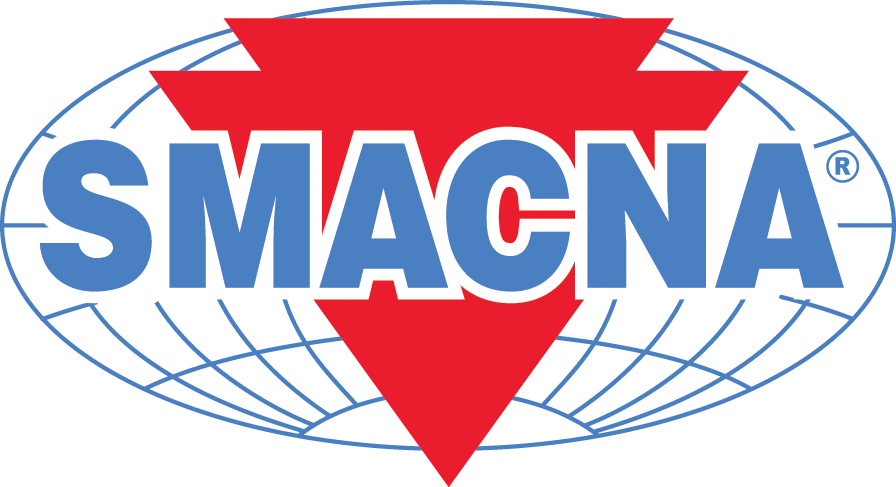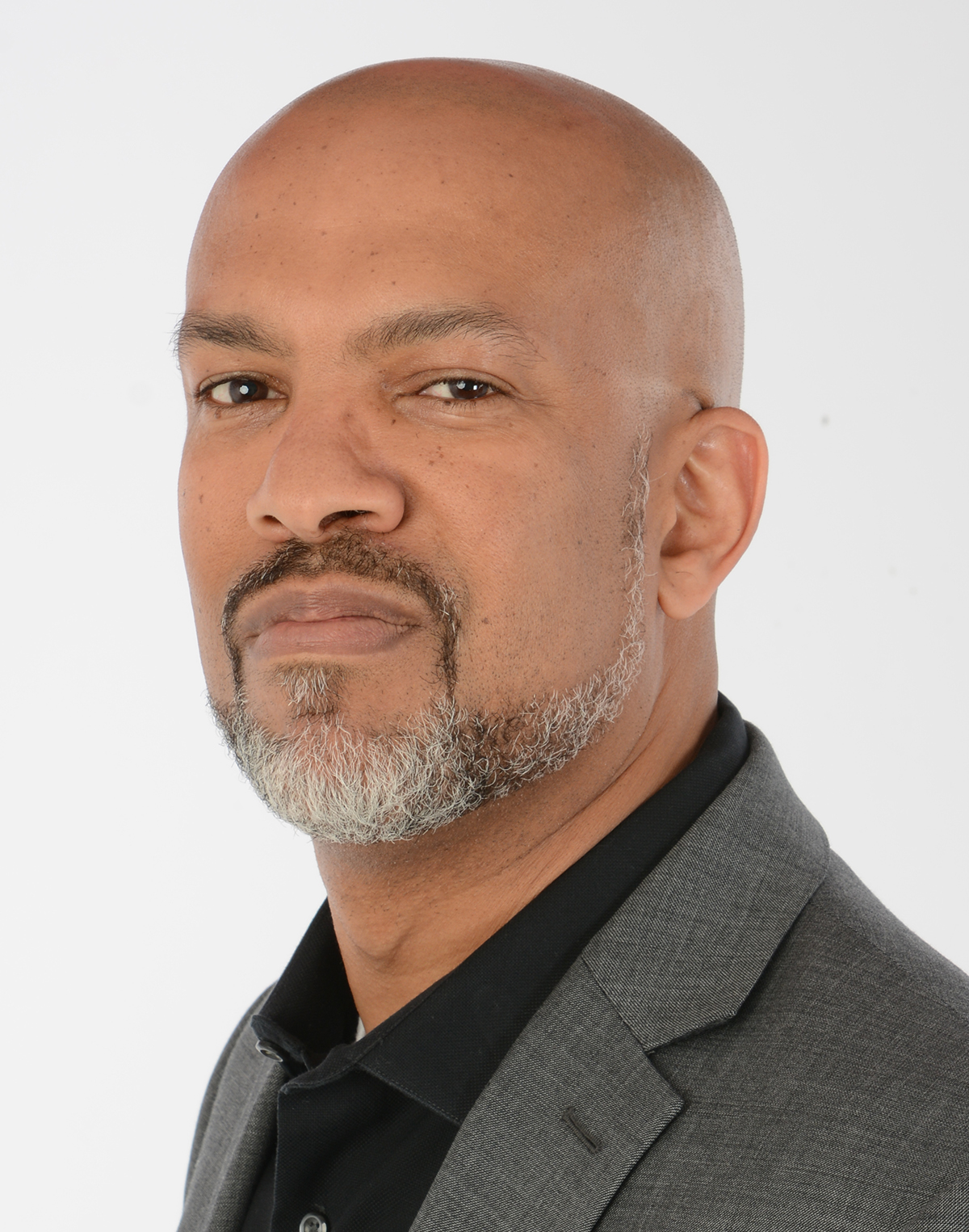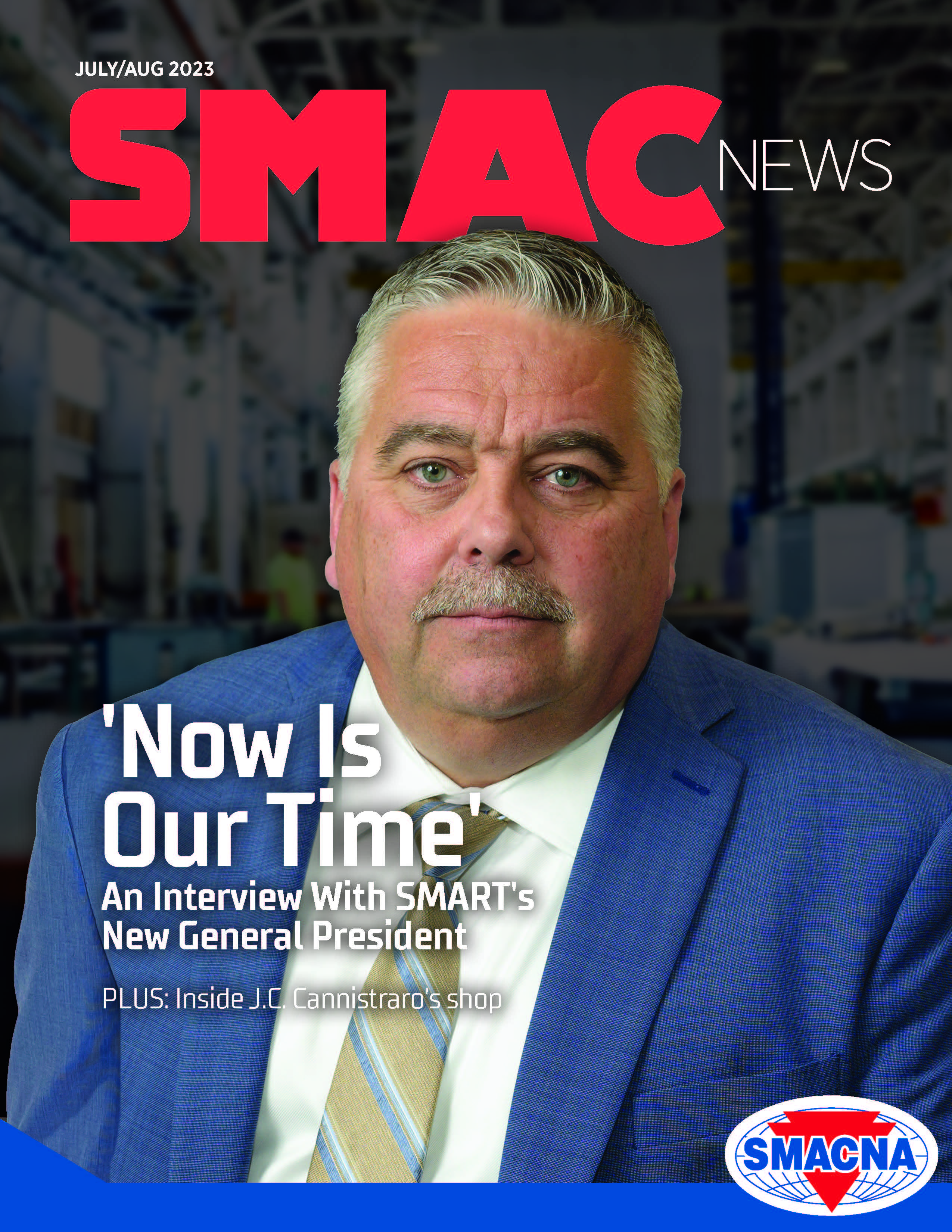The Five Skills of an Effective Leader
BE4ALL envisions a sheet metal industry where ALL workers and contractors feel seen, heard and welcomed. To achieve this vision, we must build it.
BE4ALL envisions a sheet metal industry where ALL workers and contractors feel seen, heard and welcomed. To achieve this vision, we must build it.
Building this vision starts with the leader at an organization. There are five core skills that can help you create more welcoming workspaces that foster belonging.
They also are consistent with the vision and mission of BE4ALL, a joint initiative supported by SMART, SMACNA and the International Training Institute (ITI).
1. Intergroup Contact. Effective leaders make intergroup contact a daily practice where they step out of their comfort zones to engage people who are different (or those they perceive to be different). There are several ways to practice intergroup contact. In the workplace, the strategy may involve doing regular lunch meetings or check-ins with co-workers in which two people get to know each other beyond job titles and roles.
2. Micro-affirmations. BE4ALL leaders also practice micro-affirmations — small ways you can acknowledge the humanity, dignity and worth of others. They include:
- Name Recognition. Ask a person for their name, and then remember and repeat the name later (whether it’s five minutes or five days) to signal to another person that, “I see you. You matter.”
- Life Events. Inquire about important events in people’s lives, including birthdays, anniversaries and important holidays. Record the dates in your calendar. Then, when an important date arrives, take a moment to acknowledge the person by sending a card, email or text.
- Feedback and affirmation. Take time to give other people feedback. Make it specific and genuine.
3. Non-Biased Decision-making. Another practice is non-biased decision-making. In the Bias and Belonging training sessions conducted by the ITI, instructors offer several tools to assist with non-biased decision-making, including using mental scripts.
A simple mental script goes like this: “What if I’m wrong, and what if what’s happening in this situation is not (what I think it is). But, instead, it’s (something else).”
Mental scripts invite us to pause and challenge our assumptions before making a decision.
4. Courageous Conversations. BE4ALL leaders regularly practice courageous conversations. A courageous conversation is an exchange between two people. Usually, the conversation is initiated in one of two situations:
- When we feel that we have been wronged by someone.
- When we have done or said something (real or perceived) to wrong another person.
As part of the seven As of a courageous conversation, there are two that are foundational for every leader:
- Anchoring. Prepare yourself — mentally and emotionally — before the conversation. This provides a reserve of energy to tap into what can be a long and uncomfortable process. Preparation may include listening to music or going for a walk or run.
- Acknowledging. Share with the person ways that you may have contributed to the problem or tension. To do this, simply say: “I want to acknowledge that, at times, I can be or I may have done _________. And this may have contributed to the problem or tension we have.
The above practice is often referred to as looking in the mirror leadership versus looking out the window (where we blame and point fingers at others).
5. Remembrance and Repair — the Two Rs of History. Finally, the effective leader takes the time to understand the history of diverse groups through remembrance and repair. Remembrance is the practice of reflecting on the past and looking for lessons that we can apply to the future. Repair is the practice of taking action — as individuals or through our organizations — to repair any harm caused by the past, and to ensure that the past does not repeat itself.
One of the easiest ways to practice remembrance is by visiting museums, either in person or virtually, such as the National Museum of the American Indian, The National Museum of African American History and Culture, The U.S. Holocaust Memorial Museum and the American Women’s History Museum. Do not just “visit” the exhibits once. Instead, make it a ritual.
Dushaw Hockett is the founder and executive director of SPACEs, a Washington, D.C.-based organization dedicated to bridging the gap between what people imagine and what they achieve. He has over 25 years of experience in leadership development, organizational transformation and Diversity, Equity and Inclusion (DEI). He has also written several publications focused on cross-cultural communication.
Published: September 8, 2023
IN THIS ISSUE
‘Now Is Our Time’
SMART General President Mike Coleman says the industry has given him everything, and he wants to give back to it in every way he can.
An Economic Overview & SMACNA Issues Update
The U.S. economy surprisingly accelerated to a 2.4% annual growth rate from April through June, showing continued resilience in the face of steadily higher interest rates resulting from the Federal Reserve’s 16-month-long fight to bring down
Best Practices for Using “Apprentices” on Davis-Bacon Projects
The Davis-Bacon Act and its companion acts require all contractors and subcontractors performing work on federal or District of Columbia construction contracts or federally assisted contracts in excess of $2,000 to pay their laborers and mechanics
Building a Strong Labor Relationship
Summers are always busy for SMACNA members and national staff. We visit multiple chapters to conduct education programs, attend board meetings and participate in great local functions.
Clean Vehicle Credit Drives New Tax Savings for Contractors
As our world becomes increasingly focused on environmental, social and governance (ESG) issues, many businesses are turning to electric vehicles (EVs) to help reduce their carbon footprint and take a step forward into the more electrified world of
Diving In
The Hermanson Co. works on the HVAC for one of the most distinctive buildings on Seattle’s waterfront.
Grow Client Loyalty With Education Amid Record Heat
Excessive heat and higher-than-normal temperatures have been intensifying for much of the United States.
Home Port for J.C. Cannistraro
The FID is a symbol of workforce opportunity and economic redevelopment in the heart of Boston’s industrial marine district.
Meeting the Needs of Many
Apollo Mechanical has the skills to tackle the North Valley Complex's multiple needs.
Rebuilding a Historic Dome and Cupola
A custom sheet metal company played a vital role in a courthouse’s restoration after it was devastated by a fire.
Registration for the December Council of Chapter Representatives Meeting Opens Next Week
Gathering provides chapter executives an opportunity to learn about the latest developments surrounding SMACNA and engage in robust dialogue with their peers.
The Five Skills of an Effective Leader
BE4ALL envisions a sheet metal industry where ALL workers and contractors feel seen, heard and welcomed. To achieve this vision, we must build it.
The Top 5 Benefits of Investing in Social Media Marketing
Thinking about using social media more strategically for your SMACNA business? Here is the latest research on who uses those channels, what they are seeking and the reasons you can benefit from these trends.



